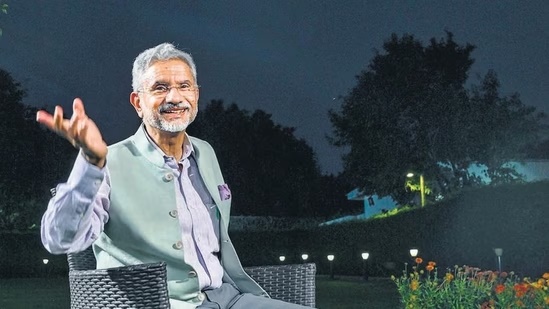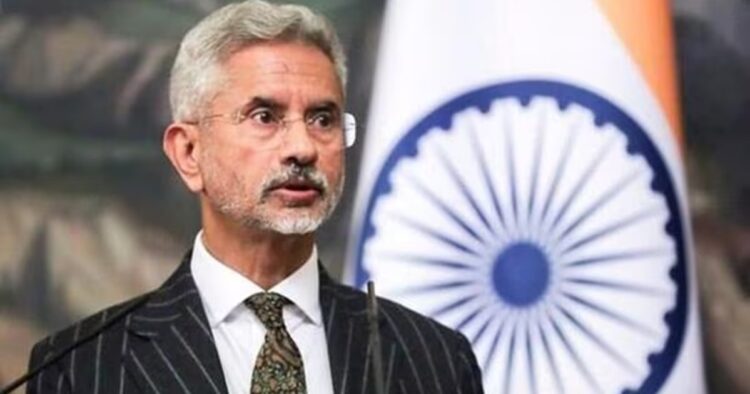Recently, in an interview with Hindustan Times, Bharat’s External Affairs Minister, S Jaishankar, made strong statements against the nation’s first prime minister, Jawaharlal Nehru, accusing him of losing Bharatiya territory to Chinese aggression. Jaishankar’s comments come amid ongoing concerns about China’s activities near the Bharatiya border.
Territory Captured in the 1950s
Jaishankar addressed allegations from the Opposition regarding China’s construction of a model village near Arunachal Pradesh and territorial encroachments in east Ladakh. He explained that the area in question, Longju, was seized by China in the late 1950s during Nehru’s tenure.
EAM referenced parliamentary records and historical accounts to support his claim, noting that Nehru himself admitted in 1959 that the territory had been lost.

Pangong Tso Bridge Construction
The minister also discussed a bridge being built by China near Pangong Tso lake, specifically near Khurnak Fort. He clarified that China had occupied this area in 1958 and further solidified its control during the 1962 war. Jaishankar emphasized that these events occurred long before the current administration.
Addressing concerns about a road being constructed by China in the Shaksgam Valley, which could threaten Bharat’s positions in Siachen, Jaishankar pointed to historical decisions. He stated that Nehru’s acceptance of a ceasefire in 1949 allowed the area to fall under Pakistan-occupied Kashmir. Later, in 1963, Pakistan’s Zulfikar Ali Bhutto ceded 5,180 square kilometers of this territory to China.
ALSO READ: “EAM Blames Nehru and Congress: PoJK’s Loss Due to Past Weakness or Mistake”
Criticism of Congress Party’s Stance
Jaishankar criticized the Congress party, particularly Rahul Gandhi, for their inconsistent stance on China. He accused Rahul Gandhi of secretly meeting with the Chinese ambassador during the Doklam standoff and being cautious in his criticism of China’s Belt and Road Initiative (BRI).
This was opposed by Bharat due to sovereignty concerns. Jaishankar suggested that the Congress party’s approach reflected a certain admiration for China.
Jaishankar’s remarks highlight a historical perspective on the current territorial disputes with China and underscore the government’s stance on handling these issues. His comments have sparked a debate on the role of past leaders in shaping the present geopolitical landscape.

















Comments